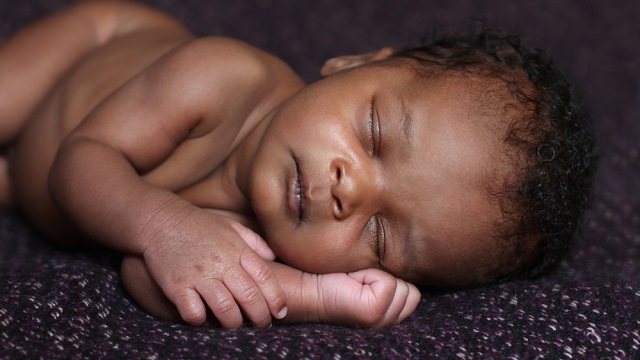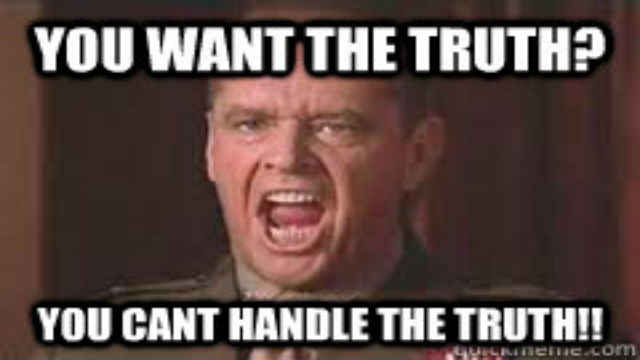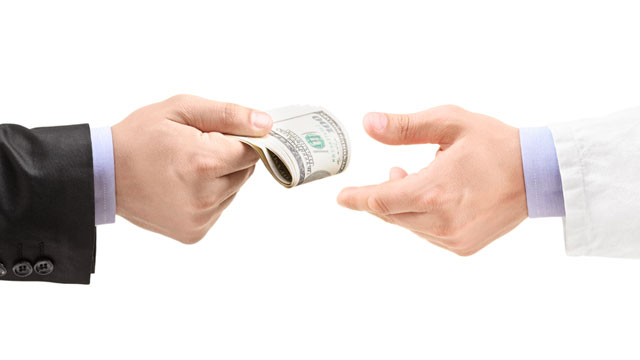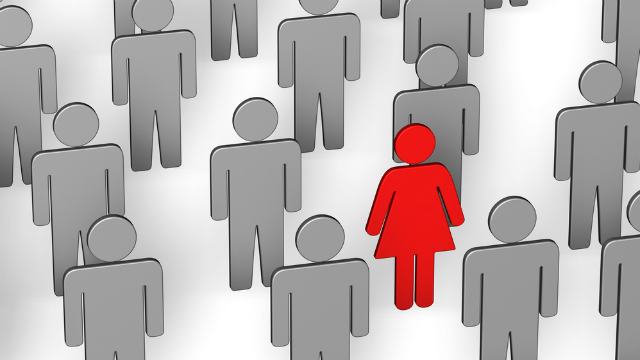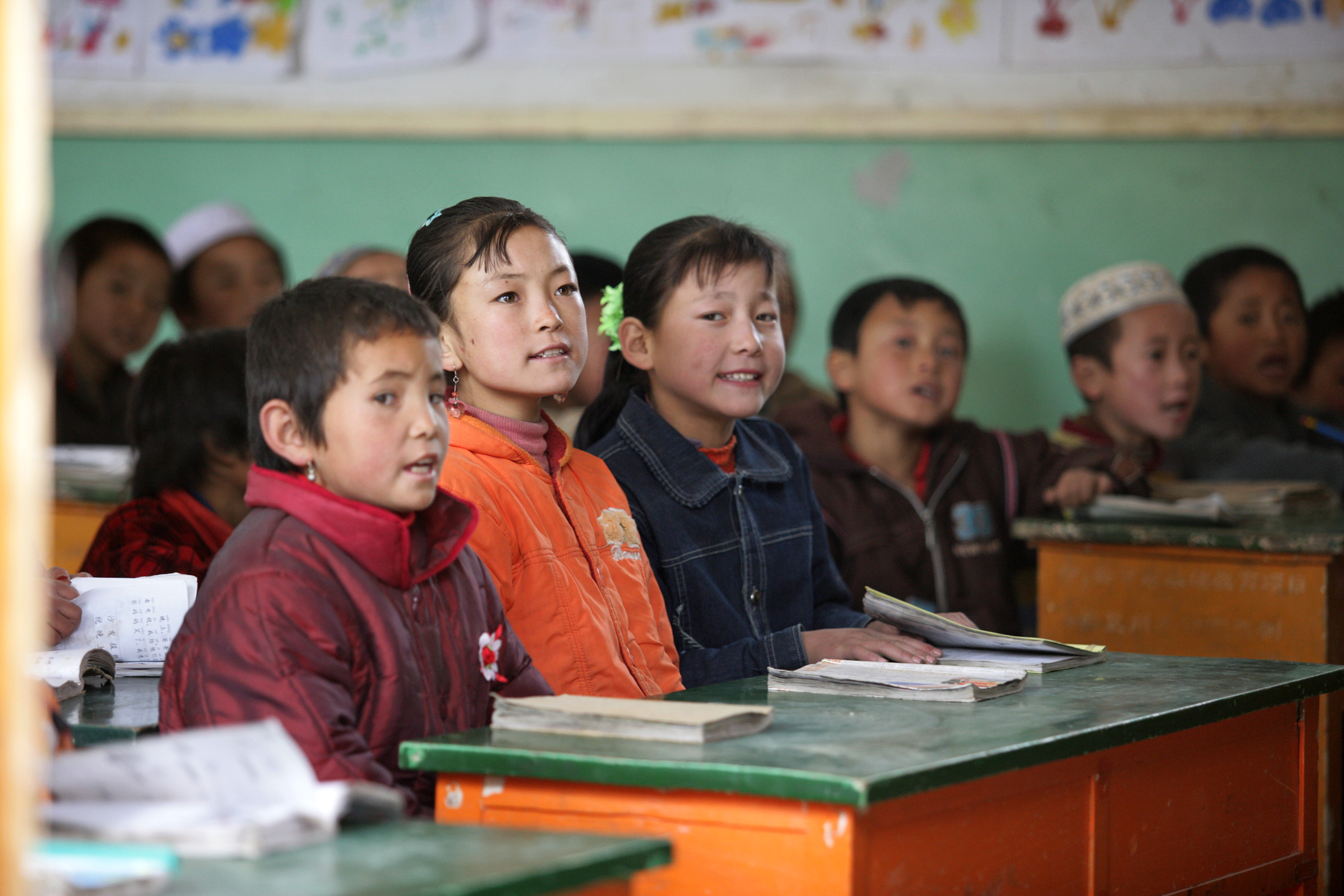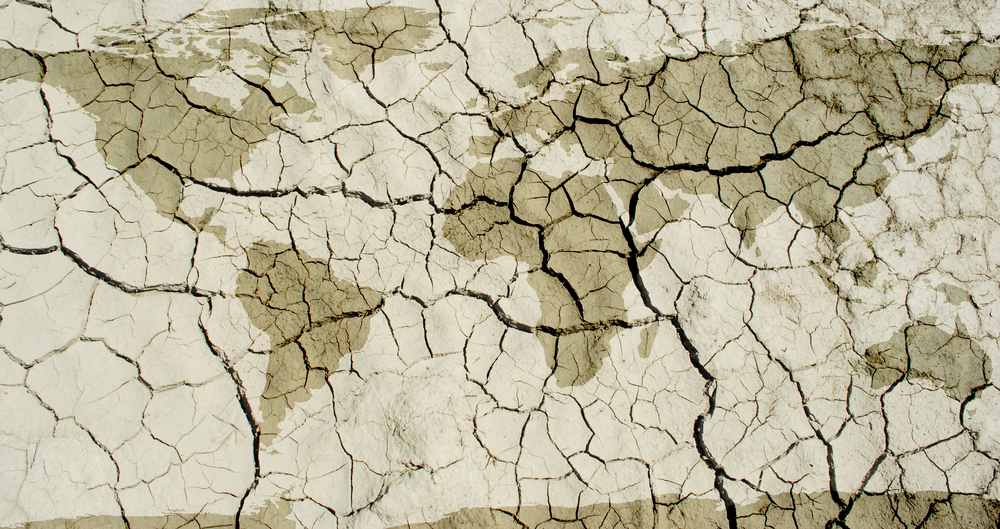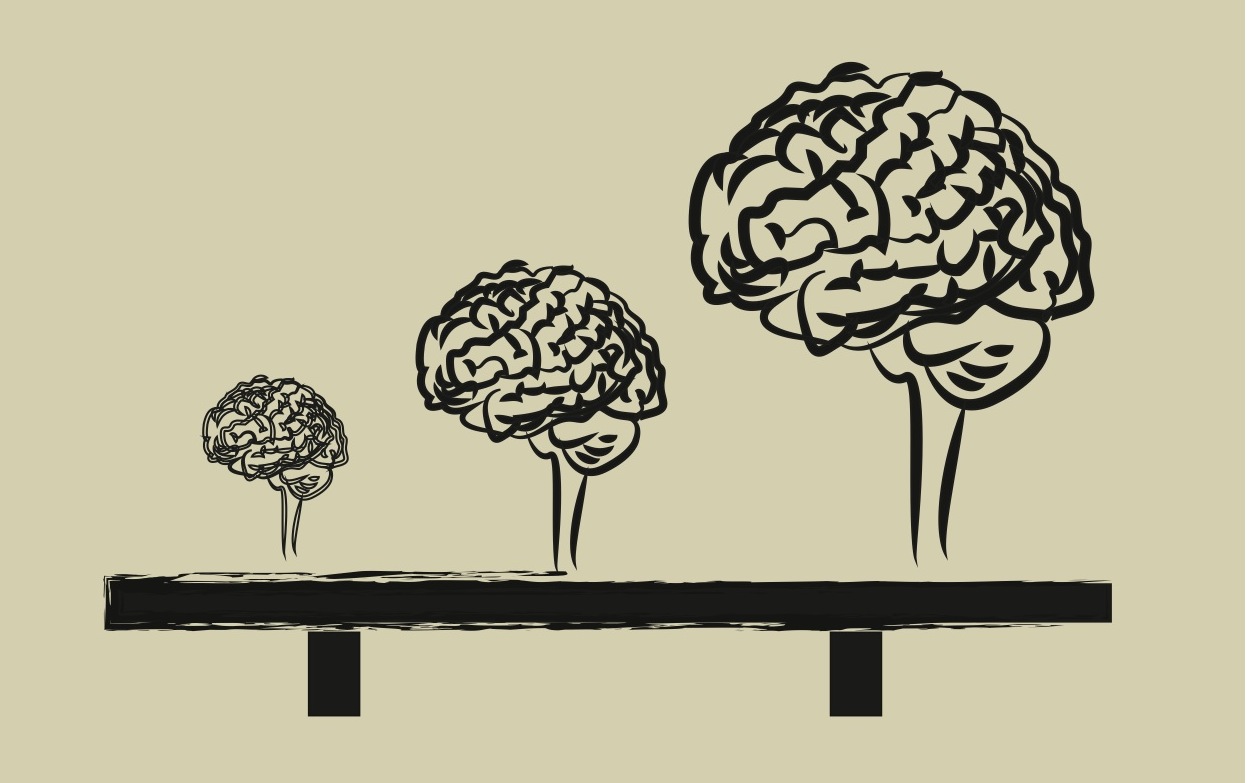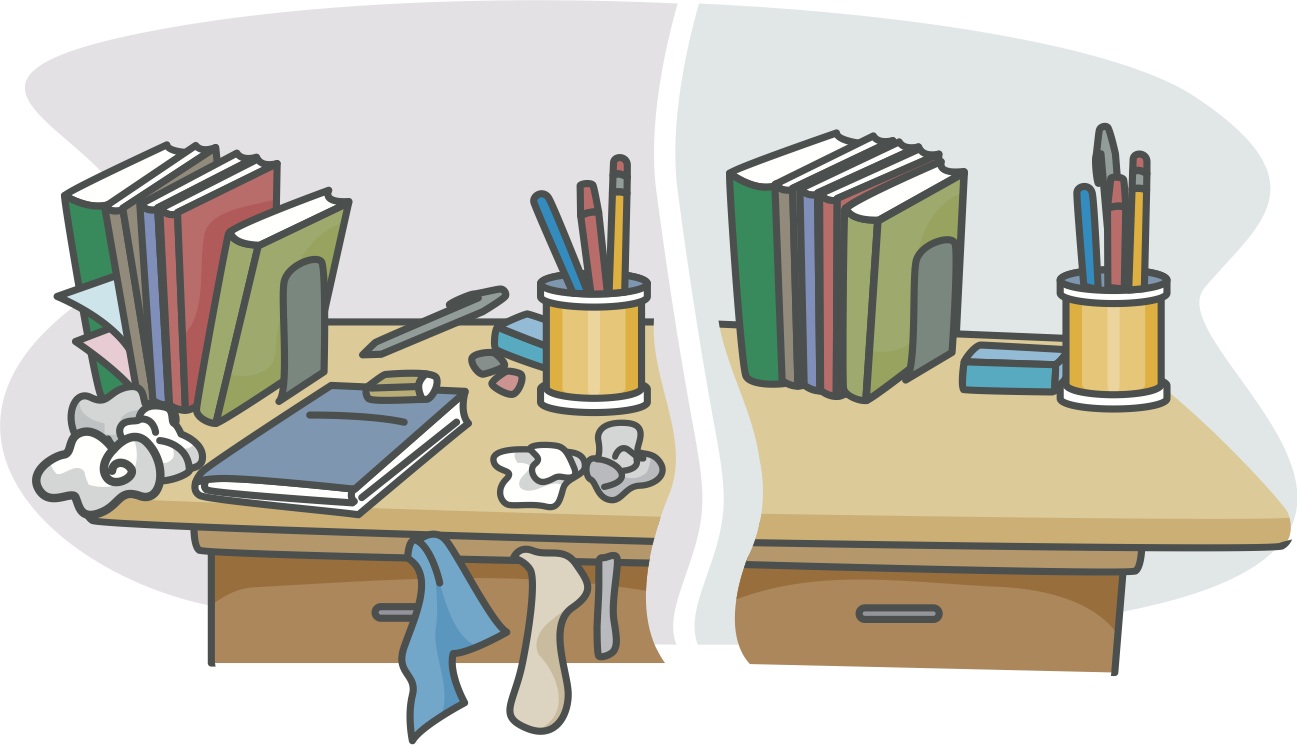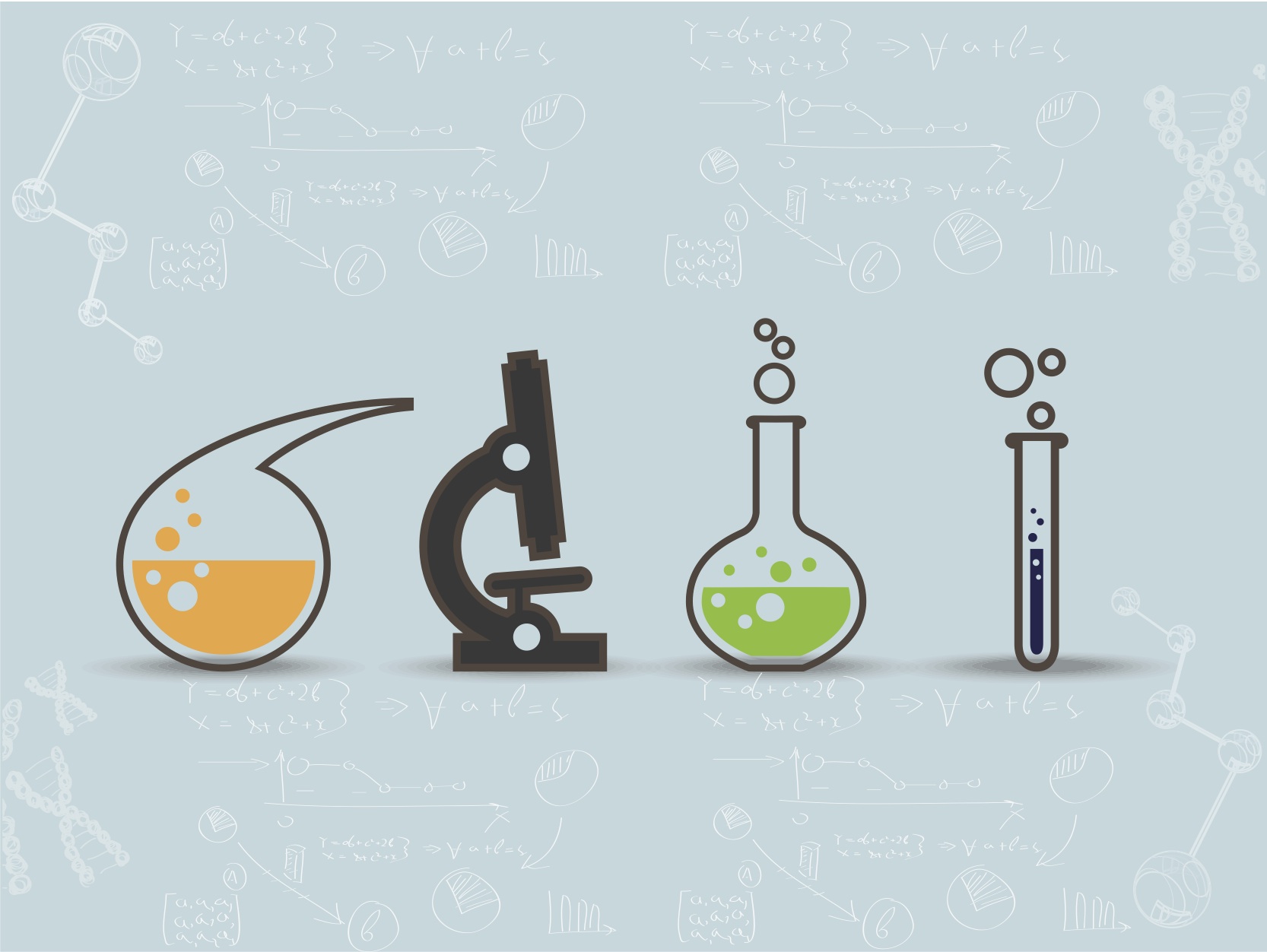Caleb Henry Space is no stranger to attention. Pursuing the heavens in any form is sure to turn heads, and with the increased momentum of private ventures, NewSpace is no […]
All Articles
Developed by a team of Brigham Young students, the Owlet sends vitals — including heart rate, temperature, and most notably, an alert in case the baby rolls over on their stomach — to a smartphone app.
Fed up with British Airways’ handling of his father’s lost luggage, Hasan Syed took the matter to Twitter by complaining via its self-service advertisers’ platform. It got the airline’s attention, along with that of millions of others.
Finally, A Radically Different Inflation Technology That Doesn’t Suck The Fun Out Of Inflatable Gear
“Revolutionize the way we use air” is all that the team behind Windcatcher wants to do. Ryan Frayne, the inventor of the device, was inspired when he watched his brother […]
So I’m teaching a seminar this semester on Technology, Biotechnology, and Democracy. Its balanced effort, of course, will be show how technology makes our lives both better and worse, as […]
Numerous online tools are available to help you figure out your risk of a wide range of health outcomes; diabetes, stroke, heart disease, various kinds of cancer, (see Your […]
Starting next Monday (Sep. 9), Bradford Regional Medical Center will become the first US institution of its kind to offer a voluntary 10-day inpatient program.
A disquieting paper has been published in the journal Criminal Justice Ethics, that suggests the decisions of forensic scientists are being influenced by payments for convictions. The authors Roger Koppl […]
Cybersexism: Sex, gender and power on the Internet Laurie Penny Bloomsbury, 2013 (available from Amazon) Sexism – whether existing in meat- or cyberspace – is the noise people make who […]
Guest post by Curt Rees. The first day of the school year is here across the country, and my experience with school has been that the environment you establish at […]
Anyone who has lived through a hot summer day in the city understands that aggression levels can quickly spike with seemingly little explanation.
A Slate piece on education starts off by declaring, if you send your kids to private school you’re “a bad person.” Not “bad like Hitler,” but bad. I don’t want […]
Poor people’s bad decision-making may be at least partly a result of their circumstances, not due to any intrinsic lack of intelligence.
Scientists in an Austrian lab have created complex human brain tissue from stem cells, creating what the scientific community are now calling “mini-brains.”
People who solve problems in slightly disorderly environments are more likely to arrive at creative solutions.
A new study argues that the association between science and morality is so ingrained that merely thinking about it can trigger more moral behavior.
It’s not so well known that being overweight (not merely obese) brings with it a cancer risk.
When breast cancer survivor Molly Lindquist decided she wanted to help others beat the same disease she had bested, she started to think big.
Research completed at the University of Navarra, Spain, suggests that a moderate level of wine drinking results in a lower risk of depression.
Researchers were surprised to learn that pollution created by road transportation proved deadlier than power generation stations.
Savvy marketing strategies currently employed by quick service restaurants suggest the fast food industry is taking a page from Big Tobacco’s playbook.
Caffeine has enjoyed a surprisingly unregulated rise to its status as the drug of choice among many Americans, young and old.
Leaders from 17 countries recently met in Sumatra to discuss how handheld GPS devices and mapping apps have helped their communities retain lands held for generations.
Extrinsic motivators like status and money tend to be back-end loaded, they tend to be delayed. And so, as Robert Kaplan points out, we need short-term rewards.
Expanding access to education and research tools, Ramez Naam says, “is accelerating this process of the Darwinian evolution of ideas.”
What do Eckhart Tolle, Amy Chua, Cesar Millan and Barack Obama all have in common? They are all idea entrepreneurs.
We often personalize our points of view or our ideas and there are people around us that want to aggressively poke at us.
It was actually “physics envy” that got us in trouble in the first place.
Francesca Gino describes how our plans get sidetracked when we are implementing them because “we are too confident in our own abilities.”
How do you assess your own skills and how do you plan to improve them?

